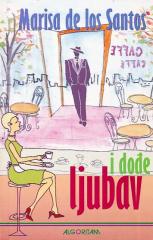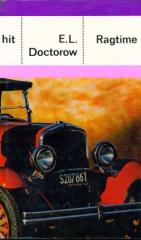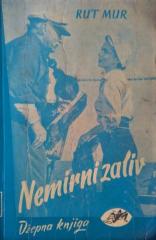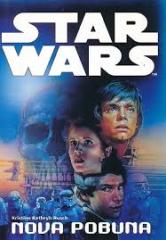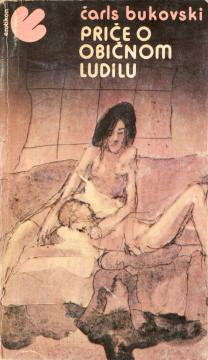
Priče o običnom ludilu
Priče o običnom ludilu je zbirka kratkih priča Čarlsa Bukovskog. Delo prikazuje surov i jalov svet američke urbane periferije, ispričan iz perspektive antiheroja – njegovog omiljenog alter-ega, Henrija Činaskog.
Bukovski sa brutalnim iskrenošću i često sarkazmom opisuje teme kao što su alkoholizam, seksualna opsesija, usamljenost, beda, svakodnevna dosada, nasilje i egzistencijalni strah. Likovi su redovno marginalizovani: alkoholičari, propali pisci, prostitutke, beskućnici i sitni lopovi. Umesto moralizacije, autor prikazuje njihov svet mešavinom cinizma, humora i sirove poezije.
Iako prožete tamom i destrukcijom, priče odišu i autentičnim ljudskim dodirom, posebno kroz sposobnost Bukovskog da pronađe tragove istine i slobode u beznađu. Jezik je jednostavan, direktan i prožet vulgarnošću, ali snažno prenosi emocije i atmosferu.
Ova zbirka je svedočanstvo onima koje društvo ignoriše, ali i poziv na suočavanje sa sopstvenim „običnim ludilom“ koje svako nosi u sebi.
"Ludilo? Naravno. A šta nije ludilo? Zar život nije ludilo? Svi smo namotani kao igračke... nekoliko okreta opruge, malo trčimo, šetamo, pravimo planove, idemo na izbore, kosimo travnjak... Našla sam neku vrstu utehe u piću, kocki i seksu, iu tom smislu, samo u svakom drugom članu grada; Razlika je u tome što mi nije bilo stalo da 'uspem', nisam želeo porodicu, dom, pristojan posao i slično. I evo me: ni intelektualca ni umetnika... da visim u nekom međuprostoru i mislim da bi to mogao biti početak ludila..."
Jedan primerak je u ponudi
